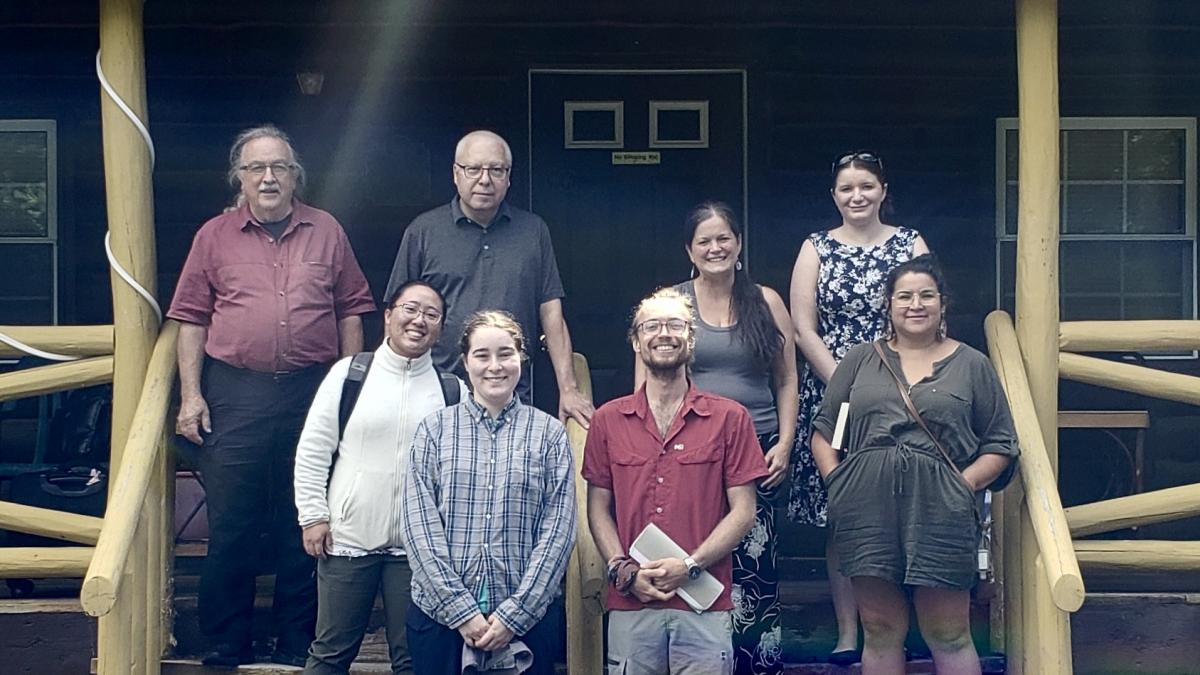
Larry McDermott - Executive Director
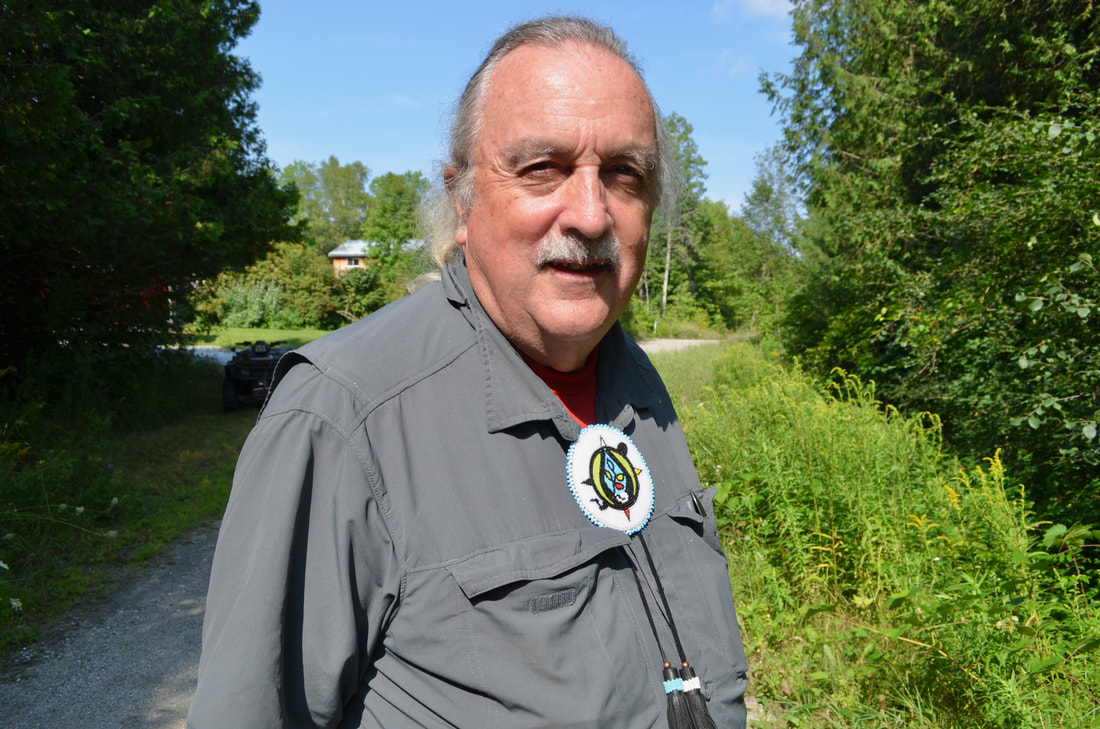
Larry McDermott, Algonquin, is Executive Director of Plenty Canada, an Indigenous non-government organization devoted to the protection of Mother Earth, building healthy communities, and promoting cross-cultural awareness of the value of Indigenous ways of knowing to achieve a sustainable environment for future generations. He is also a board member of the Niagara Escarpment Biosphere Network. A former three-time Mayor and long-time council member of Lanark Highlands, Chair of the Rural Forum of the Federation of Canadian Municipalities, and Commissioner of the Ontario Human Rights Commission, Larry is a member of numerous organizations including the International Indigenous Forum for Biodiversity, the Ontario Species at Risk Public Advisory Committee, the Canadian Environmental Network, UNESCO, and the Ontario Recovery Strategy for the American Eel. Larry also has served as a comprehensive claim representative for Shabot Obaadjiwan First Nation, is a certified tree marker and butternut assessor, and holds other environmental certifications. He lives in a 170-year-old log home on 500 acres of biologically diverse Algonquin land along the Mississippi River.
Tim Johnson - Project Director
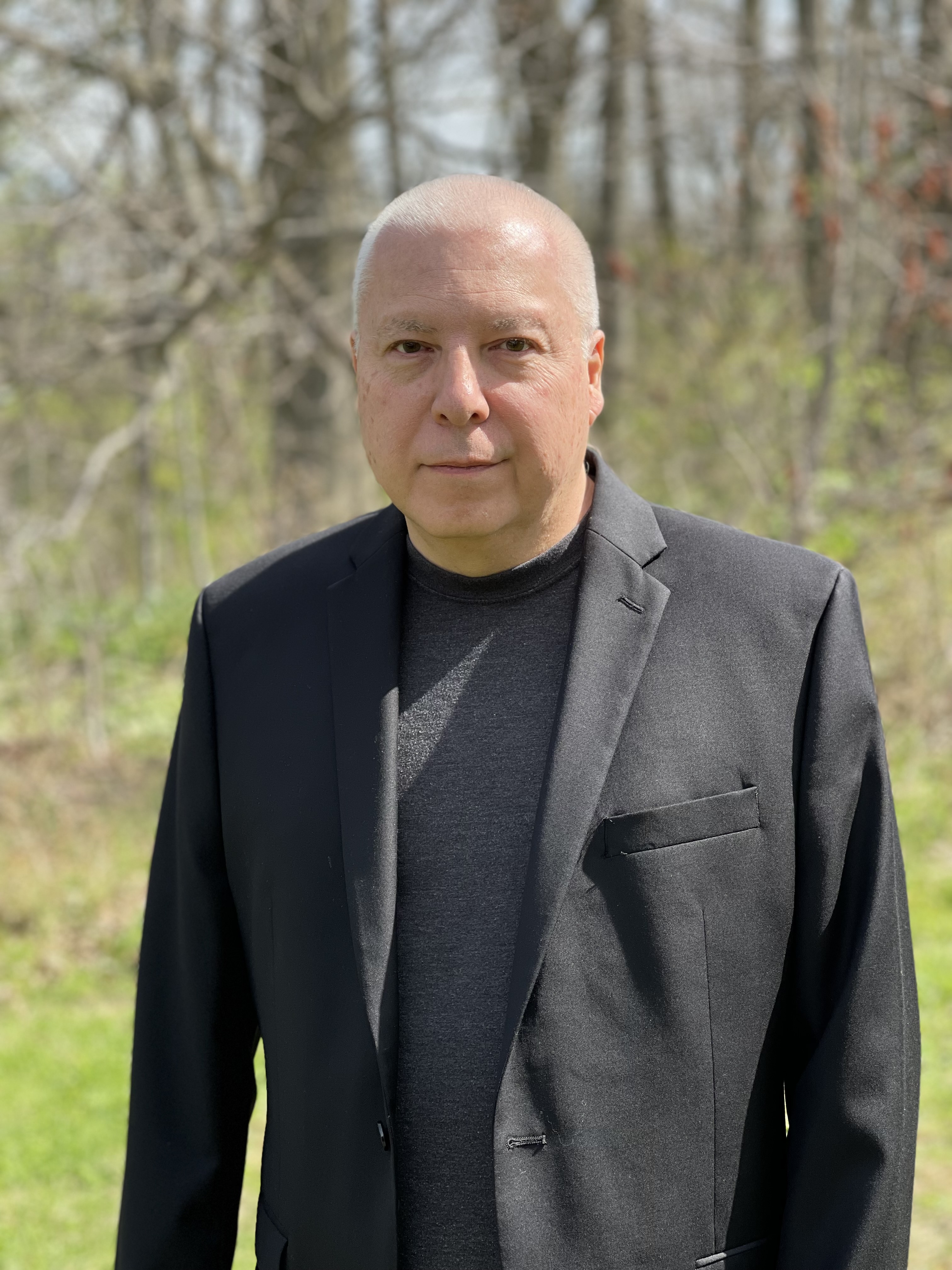
Tim Johnson is senior advisor to Plenty Canada and project and artistic director of the Greenbelt Indigenous Botanical Survey. He is also the senior advisor for Heritage and Legacy at the Niagara Parks Commission, senior Indigenous curatorial advisor to the Royal Ontario Museum, Indigenous advisor on museums, heritage, and legacy with Lord Cultural Resources, and artistic director of The Great Niagara Escarpment Indigenous Cultural Map. As the former Associate Director for Museum Programs at the Smithsonian Institution’s National Museum of the American Indian, Tim managed the museum’s largest organizational group across its facilities in Washington and New York from 2005 to 2015. A long list of critically acclaimed exhibits and programs were produced during his tenure, creating an era that significantly advanced the institution's museology and reputation. Recently he has been instrumental in the development of several distinguished masterworks of public art in the Niagara Region.
Jessica Dolan - Ethnoecologist & Research Lead (Author)
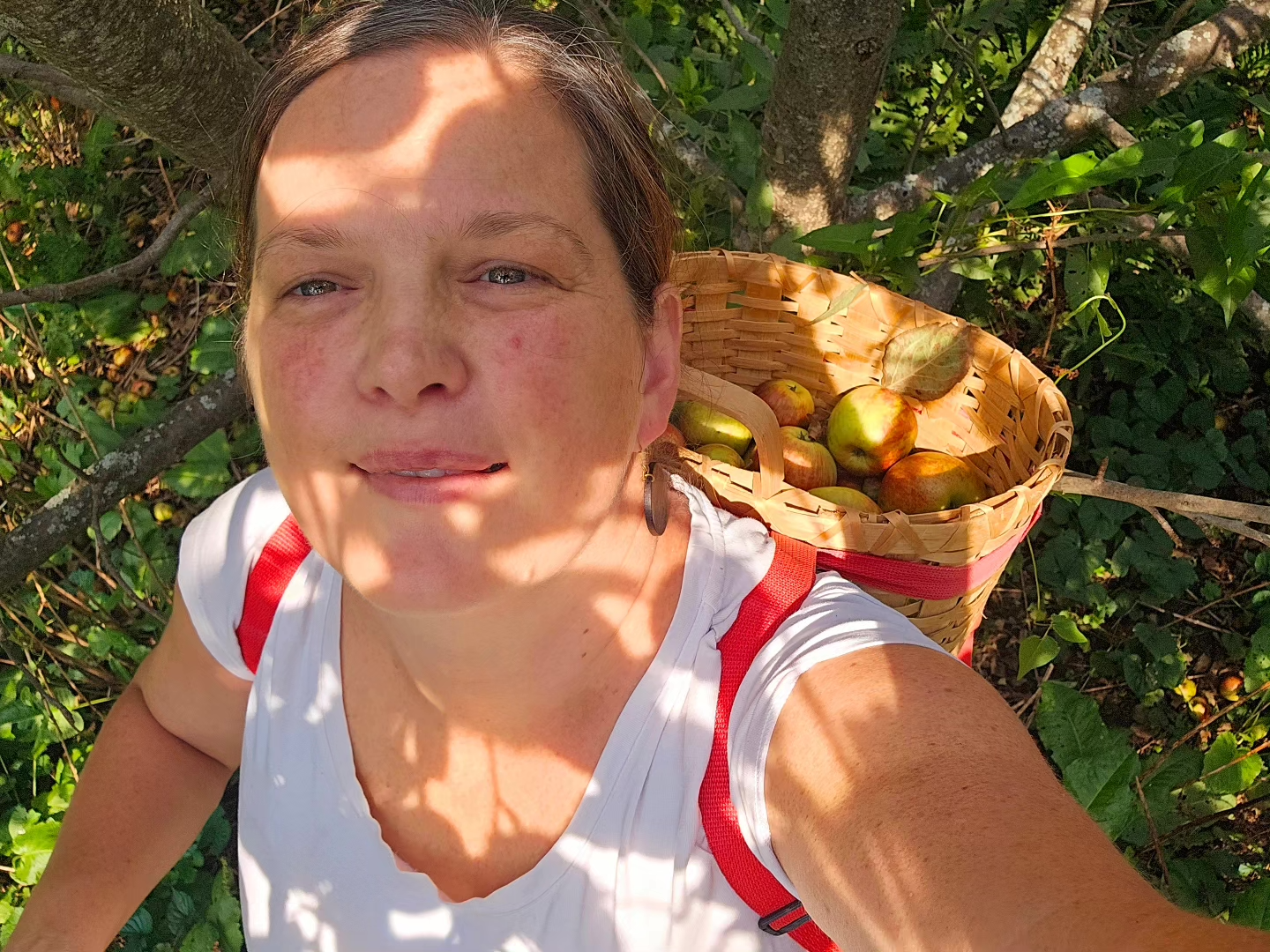
Jessica Dolan is bi-national scholar of environmental anthropology, ethnobotany, and Indigenous studies, who has worked with Indigenous communities, NGO’s, and in academia in Canada and the United States since 2007. Her passion is community-based research, teaching, and education, which she has done as part of a team with the Cree Nation of Wemindji to establish a contiguous marine-terrestrial protected area; a composting program with Greening Onondaga at Onondaga Nation; co-teaching Indigenous field studies courses in Kahnawà:ke; carrying out biocultural research, education, and ethnobotanical restoration for Mohawk Council of Akwesasne and Saint Regis Mohawk Tribe Environment Division; and learning and writing about Indigenous food sovereignty with Native American Food Sovereignty Alliance and Akwesasne. Her doctoral research built upon the literature on traditional ecological knowledge (TEK) and Indigenous sciences by serving as an exploration of Haudenosaunee Environmental Knowledge (HEK) and philosophy, and its applications to environmental projects. Her current work is dedicated to community-based, Indigenous environmental research for biocultural restoration, conservation, education, health, and justice. She is a Mitacs Postdoctoral Fellow based at the University of Guelph Department of Geography and Plenty Canada, who led the research, synthesis, writing, and visual compilation of the Greenbelt Indigenous Botanical Survey and Kanonhkwa'tsheranákere, Where the Medicines Are field guide. She developed this project with Tim Johnson and Larry McDermott from years of seeing need and value in communities for culturally-grounded resources that facilitate the regeneration of Indigenous ethnobotanical knowledge. In her work on the Greenbelt Indigenous Botanical Survey and Field Guide, she has incorporated skills and life experience from the last 20 years of her career, to create curricular resources that will help people teach and learn how plant and tree relatives support all life on earth.
Tehahehteh Frank Miller - Indigenous Advisor (Co-Author)
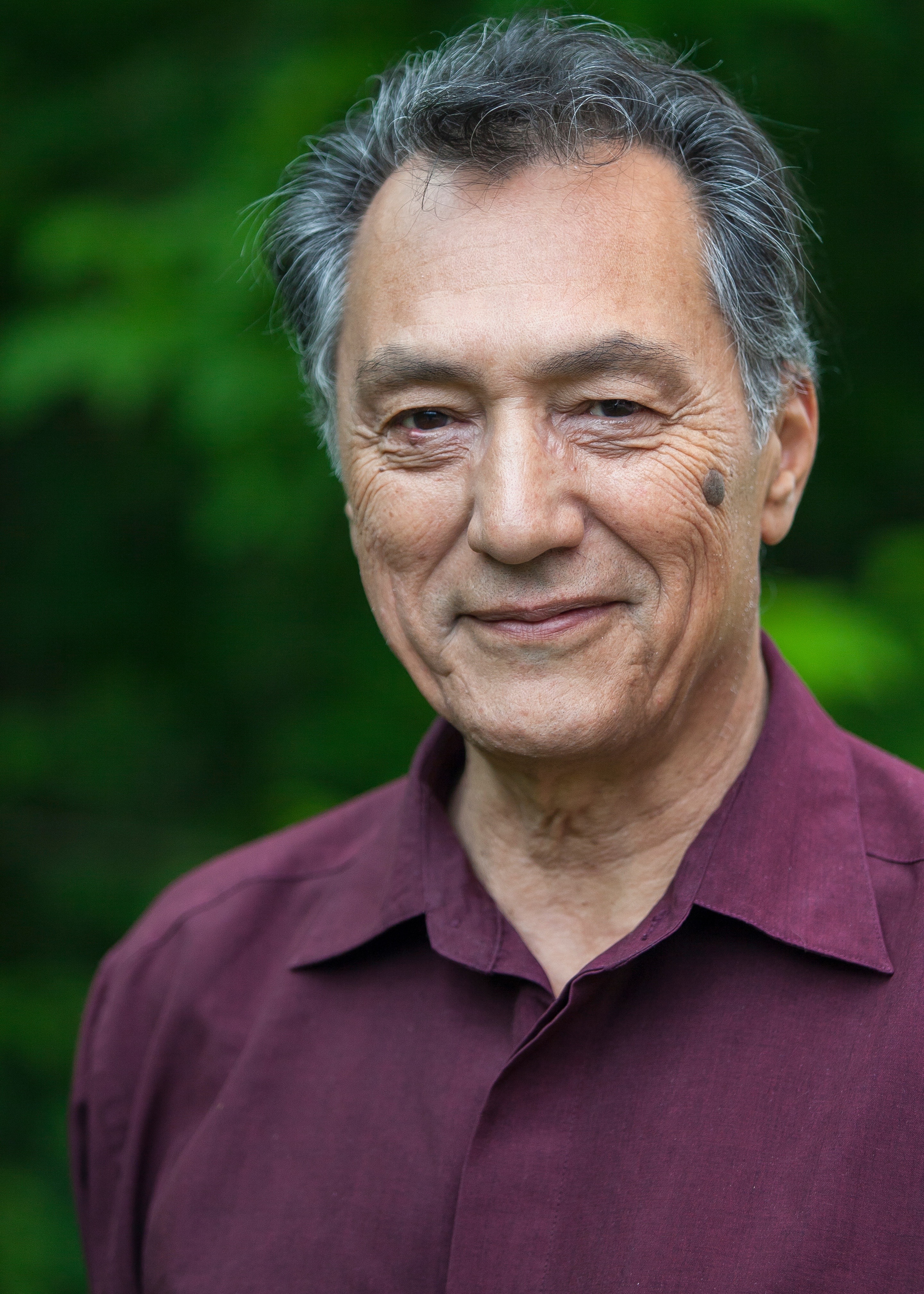
Tehahenteh Frank Miller is Turtle Clan Kanyen’kehaka (Mohawk) from Six Nations of the Grand River Rotinonhsyon:ni (Haudenosaunee)Territory. He is a fluent Kanyen’kehaka speaker raised by his grandparents, Harry and Beatrice, who were also fluent speakers. Tehahenteh is dedicated to restoring and revitalizing Indigenous language and culture through teaching, curriculum development, public lectures and community programs and ceremonies. In 2000 Tehahenteh co-wrote the Native Languages curriculum document, grades 9 - 12, for Ontario’s Ministry of Education and Training and in 1994 was a key contributor to Literacy Ontario’s Kenyen’kehá:ka Ohyatonhkwa’shón:’a Katokénhston Tekawennatáhkwen (The Mohawk Language Standardisation Project). The author of several language textbooks including, Karihonnyen:ni (The Teaching), Tsi Niyonkwawennò:ten (The Way We Speak) and Kanyen’kehaka (Mohawk Language) and is currently completing a comprehensive, thematic Kanyen’kehaka dictionary. Before his foray into Kanyen’kehá:ka teachings Tehahenteh spent 25 years as a commercial artist and business owner in Toronto, Ontario. He enjoys collecting and processing sap from his sugar bush to create ohses (maple syrup).
Yu Zhao Ni - Ecologist & GIS Technician (Author)

Yu Zhao Ni is a plant ecologist trained in the Western scientific tradition and comes from a family background of multi-generational Traditional Chinese Medicinal practitioners. Her diverse experiences inform her deep respect for traditional knowledge systems and the importance of cross-cultural learning and understanding. In the summer of 2020, Yu Zhao Ni was invited to contribute to the ethnobotanical atlas, initially as a GIS technician, and then in 2021 as the plant ecology lead. As part of her MSc in Geography at the University of Guelph with the People, Plants, and Policy Lab, Yu Zhao Ni collaborated with Plenty Canada to document the distribution and diversity of Indigenous ethnobotanical plants in the Greenbelt by visiting the ethnobotanical atlas sites and recording the presence of ethnobotanical plants at each site.
Alyssa General - Indigenous Advisor (Co-Author & Logo Designer)
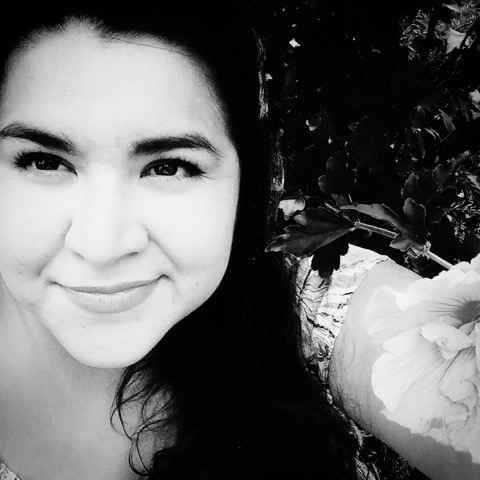
Alyssa M. General is Mohawk Nation Turtle Clan from Six Nations of the Grand River Territory. She is an artist, educator, and language revivalist. Alyssa has helped create a series of films in Kanyen’kéha with Onkwawén:na Kentyóhkwa, developed illustrations for the children’s television show Tóta tánon Ohkwá:ri, and has received national recognition for her poem Enkonte’nikonhrakwaríhsya’te. Alyssa has worked as an Artist-Educator with the Royal Conservatory of Music, a Graphic Designer with the Six Nations Language Commission, the Kawenní:io Language Preservation Project, as well as Wahta Mohawks, and is the Artistic Director with the publishing company, Spirit & Intent.
David Botcherby - Graduate Research Assistant
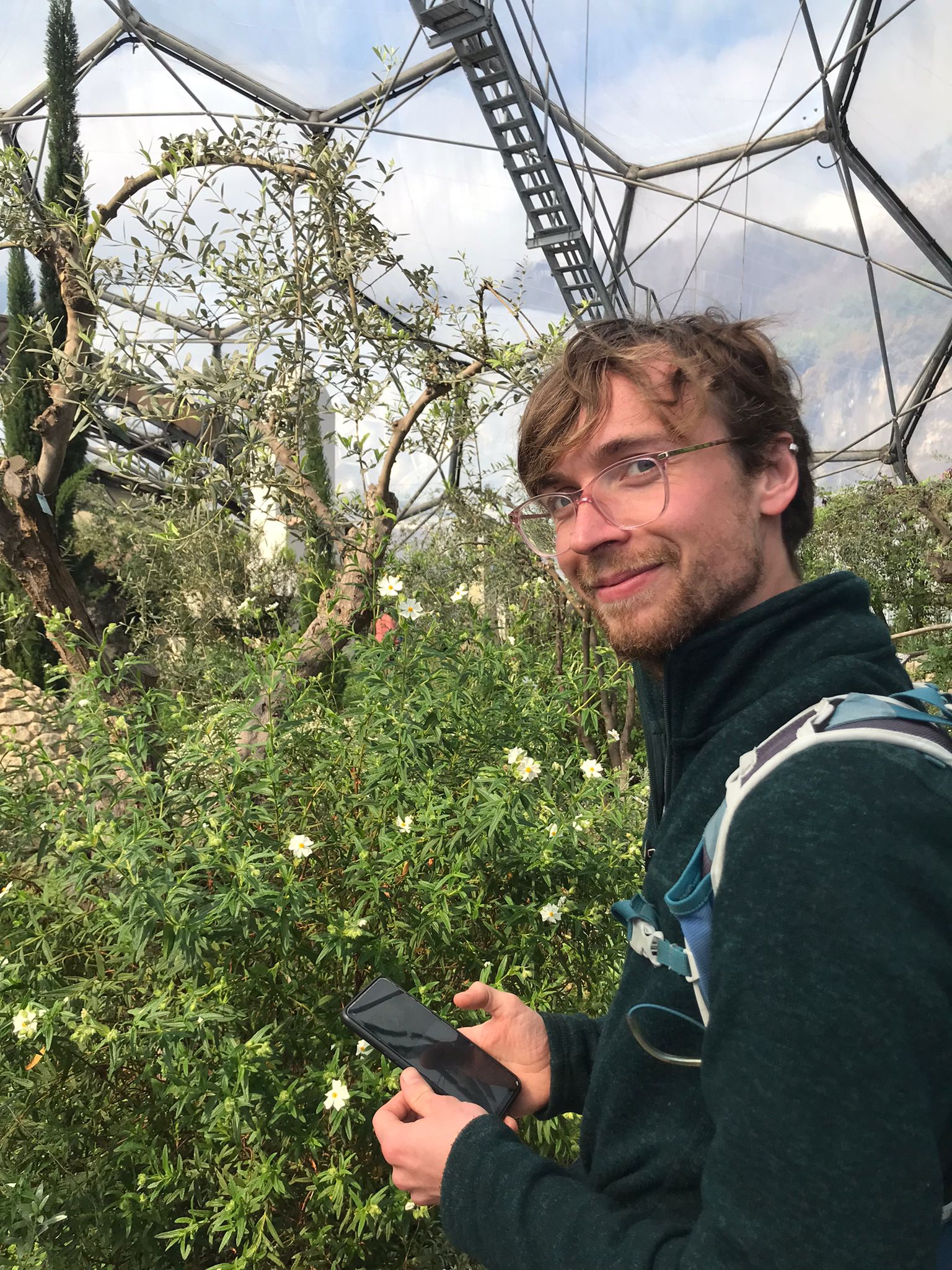
David Botcherby is a visiting conservation researcher and botanist from the United Kingdom, where he works mapping Ancient Woodland. In 2022, he completed a six-month internship with the People, Plants, and Policy lab as part of his International Master in Ecology, Monitoring, and Management of Ecosystems at the Université Bourgogne Franche-Comté. Throughout his internship, David contributed to the planning and completion of ethnobotanical plant surveys across the Greenbelt.
Joy Amyotte - Undergraduate Research Assistant
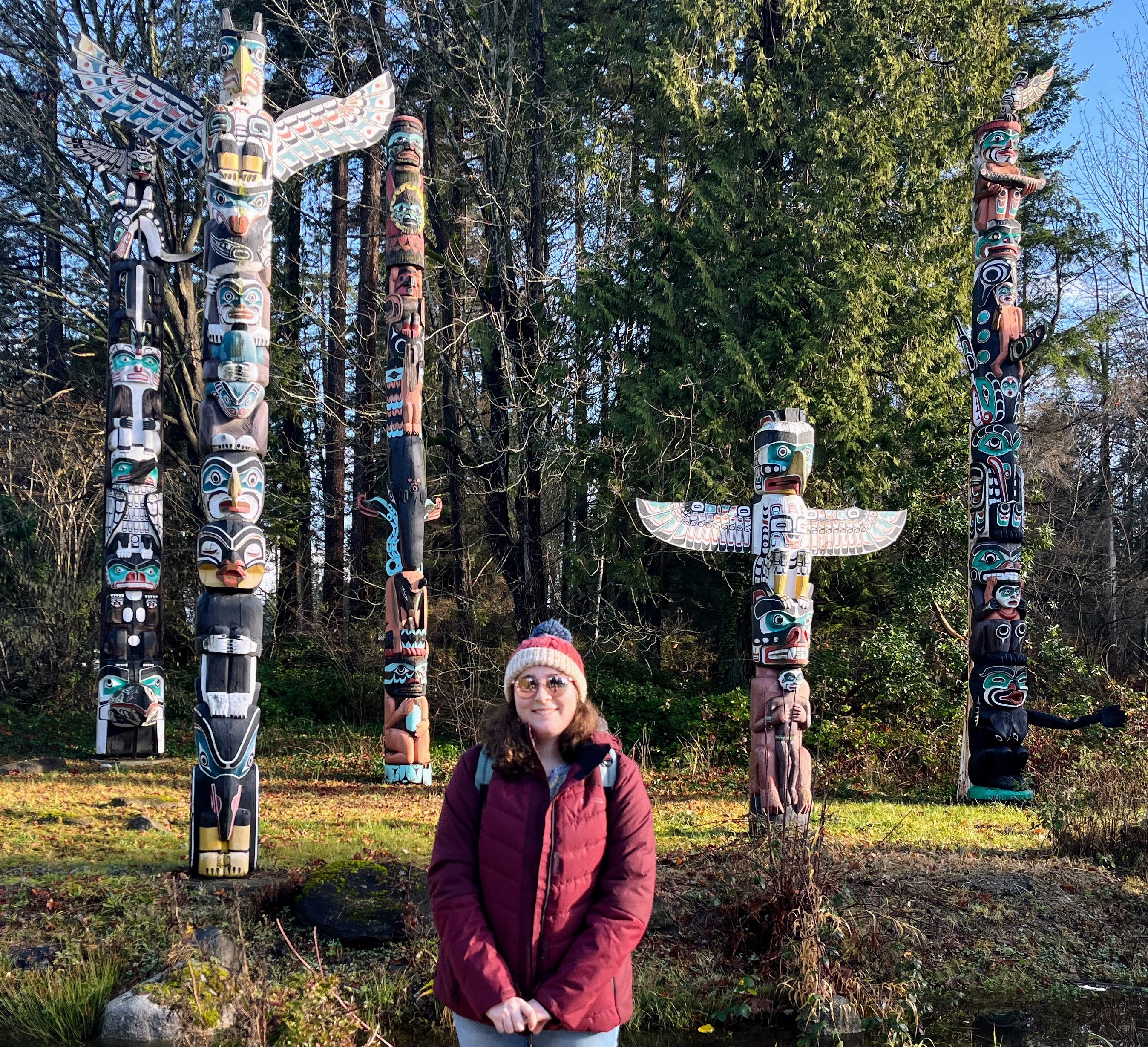
Joy Amyotte is an undergraduate student at the University of Guelph where they are completing a Bachelor of Science in Agriculture, with a minor in International Development. Joy has a strong passion for food security and background in agricultural extension. In 2022, Joy completed an undergraduate research assistantship with the People, Plants, and Policy Lab, where they contributed to completing ethnobotanical plant surveys across the Greenbelt. When they aren't on campus, you can often find Joy crafting, gaming, or travelling.
Robin Roth - Chair Department of Geography U of G
Robin Roth is an internationally recognized conservation social scientist with expertise in the political, social and cultural dimensions of conservation governance based at the University of Guelph. She holds a Research Leadership Chair in the Department of Geography, Environment and Geomatics where she focuses on supporting Indigenous conservation governance, the decolonizing of research partnerships and a critical understanding of biodiversity conservation. She and her students have explored the implications of conservation and development policies in Southeast Asia and the enabling and constraining factors that give rise to effective collaborative, Indigenous-led models of conservation in North America. She is the coordinator of the Master’s of Conservation Leadership at the University of Guelph and the Principal Investigator for the Conservation through Reconciliation Partnership.
Faisal Moola - Professor, Department of Geography U of G
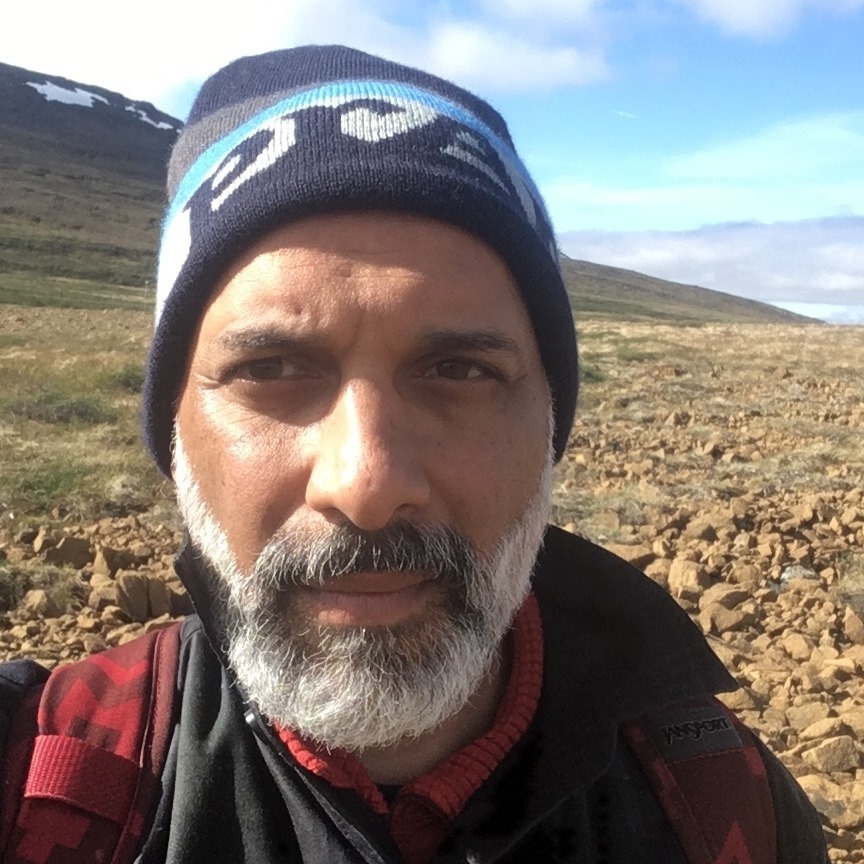
Faisal Moola, PhD, is an associate professor in the department of geography, environment and geomatics at the University of Guelph and the former director general of Ontario and Northern Canada for the David Suzuki Foundation. He is the director of the people, plants and policy lab at the University of Guelph, which does research on the ecology and ethnoecology of cultural keystone species with Indigenous Peoples in Canada and overseas. His favourite plant is wild blueberry — preferably picked from heathlands and barrens in coastal Newfoundland and washed down with a mug of strong black tea.
Robert Ryckman - Language Advisor
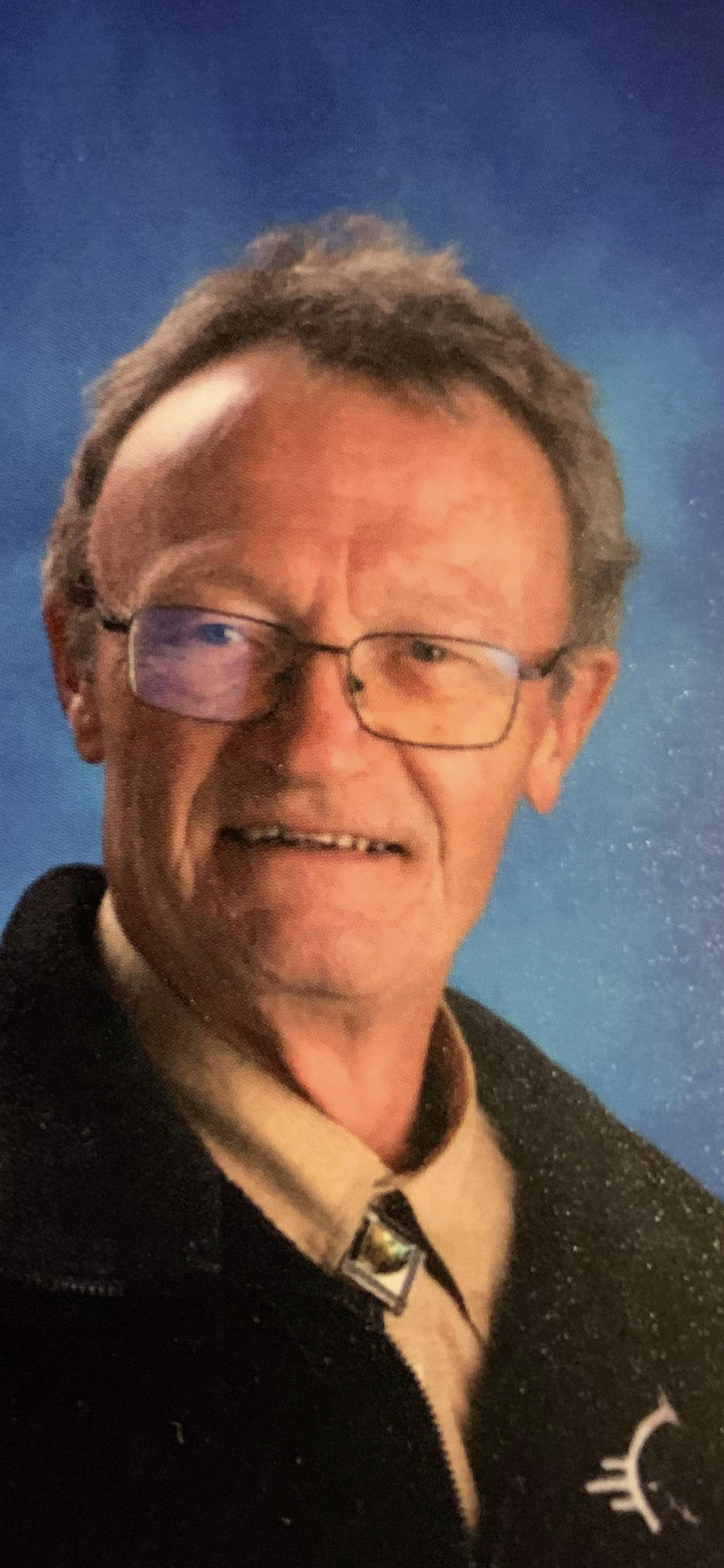
Robert Ryckman is an Indigenous language and special education teacher. Formally “retired” and yet still very active, he is revered for his work in maintaining Anishinaabek culture and preserving, as a fluent speaker, the Anishinaabemowin language. He holds a BA degree in geography from Wilfrid Laurier University, which, combined with his language skills, has made him an invaluable knowledge resource for The Great Niagara Escarpment Indigenous Cultural Map. He considers it an honour to be working as a translator of Anishinaabemowin as we enter the decade of Indigenous languages from 2022 to 2032.
Amanda Harwood - Digital Specialist
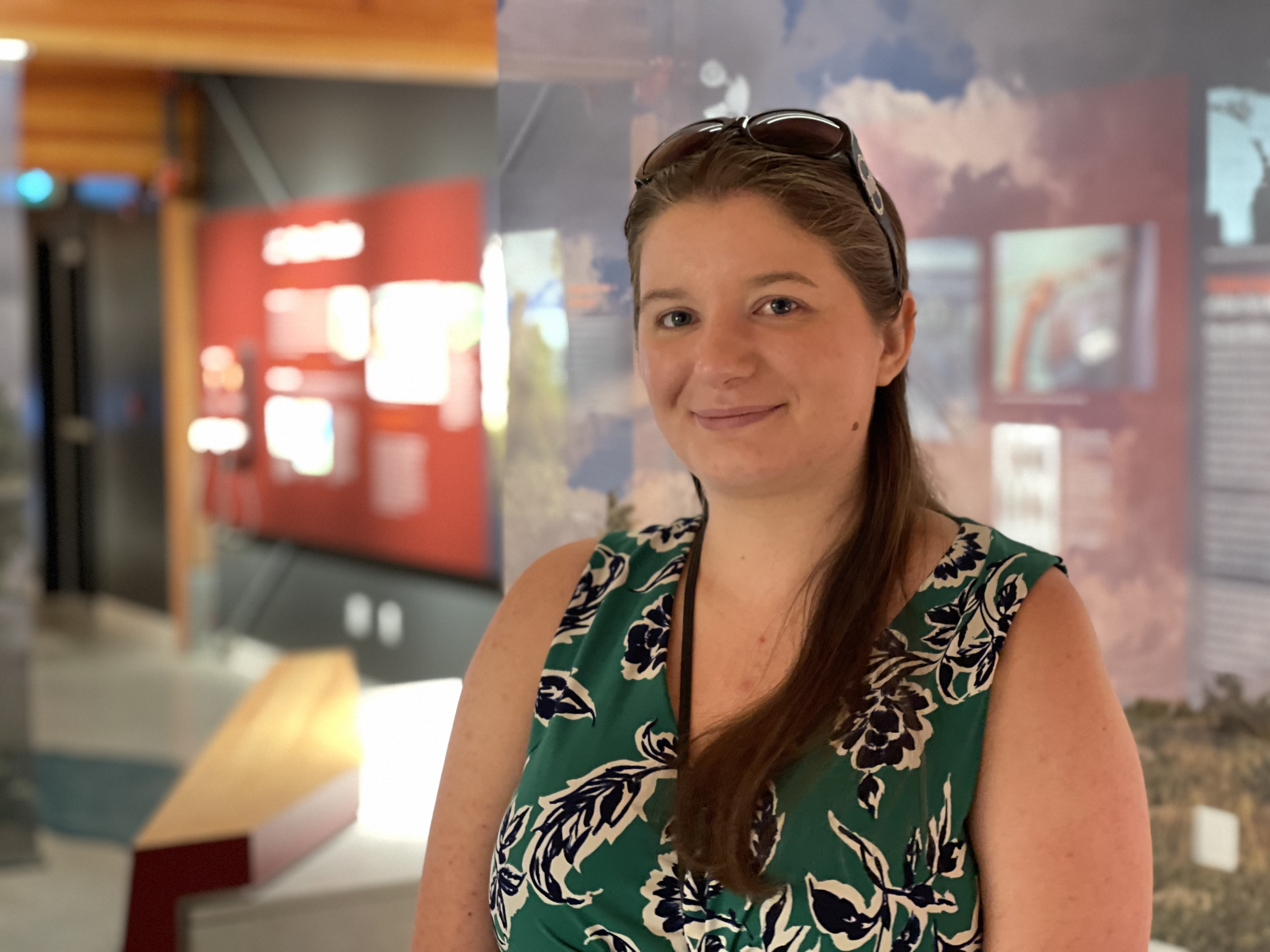
Amanda Marie Harwood is a graduate of Museum and Gallery Studies at Georgian College, who has worked on many exhibitions and programs related to Indigenous peoples. These include the Indigenous audio tour for the permanent exhibition Dawn of Life and the temporary exhibit TUSARNITUT! Music Born of the Cold at the Royal Ontario Museum, the permanent exhibition Misko-Aki: Confluence of Cultures at the Muskoka Discovery Centre in Gravenhurst, and the online exhibition Empathic Traditions: Niagara’s Indigenous Legacy at the Niagara Falls History Museum. Amanda has also worked on various technical projects, including being a website manager for The Great Niagara Escarpment: Indigenous Cultural Map, and assisted in video production for the music concerts TREATY: A Reconciliation Revelry and First Ladies of Jazz. She currently works as executive assistant at the Six Nations Bureau of the Indigenous non-profit organization Plenty Canada, working on a variety of Indigenous projects and productions. As a hobby, she loves to read and review books through her bookstagram, write stories, and binge-watch natural disaster films. She lives in Milton, Ontario with her massive cat and two adorable ferrets.
Marina Zafiris - Indigenous Data Sovereignty Advisor
Marina Johnson-Zafiris is a PhD Student at Cornell University in Information Science, with a minor in American Indian and Indigenous studies. Her research interests focus on 1) computational community science and technological interventions for industrial accountability and socio-environmental justice and 2) critical data/information studies across Haudenosaunee Territory. Marina is Kanien’kehá:ka (Wolf Clan) on her mother’s side and Greek on her father’s side. She is presently based both in Ithaca, New York and Akwesasne.
Julia Cain Murray - Education Advisor
Julia Cain Murray is an educator who has worked in many different capacities in the field of education. As a graduate of the MA CSE program at the University of Toronto, OISE, she joined the accomplished team at the Jackman Institute of Child Study (JICS) teaching in the classroom, taking part in numerous multi-year research projects, and also traveling nationally and internationally to share the work of the laboratory school, with particular focus on inquiry-based education. Julia has recently left the elementary level classroom at JICS to instruct MA students and teacher candidates in the MA CSE program at the University of Toronto (OISE) and is also a member of the Founding Board for a new, independent school in Niagara-on-the-Lake called Royal Oak Community School. As the school's Academic Director, she manages the school daily, plans programming and curriculum development and also provides professional development for her teachers to help build a strong, inquiry-based program that reflects research-based best practice and innovation.
Lorraine Giroux - Education Advisor
Lorraine Giroux has followed a multitude of interests in her retirement from a position as a system principal at the District School Board of Niagara. Over the years, she has worked locally, provincially, nationally, and internationally with educators who want to further develop their knowledge and skills in areas including Student Assessment and Literacy and she continues now with preservice students at Brock University and through additional qualification courses for existing teachers at Queens University. The community of St. Catharines is well served through the publication of the Merritton Matters newsletter which she edits and writes, along with some much-appreciated contributors. Lorraine has had amazing opportunities to connect her interest in educational curriculum and history alongside a team of knowledge holders who developed the Landscape of Nations Memorial, which affirmed the proper place of First Nations peoples in Canada’s formative history during the War of 1812. Additionally, educational materials being prepared for a new museum exhibit in Muskoka, which examines the Indigenous presence in that region for some 13,000 years, are also underway. Delving into local history is also what has propelled her to volunteer as a director of the Brown Homestead, the vice-chair of the Heritage Advisory Committee for the city of St. Catharines and as a member of the 2029 Welland Canal Task Force which is developing an interpretive plan to commemorate the history of the first, second and third Welland Canals.